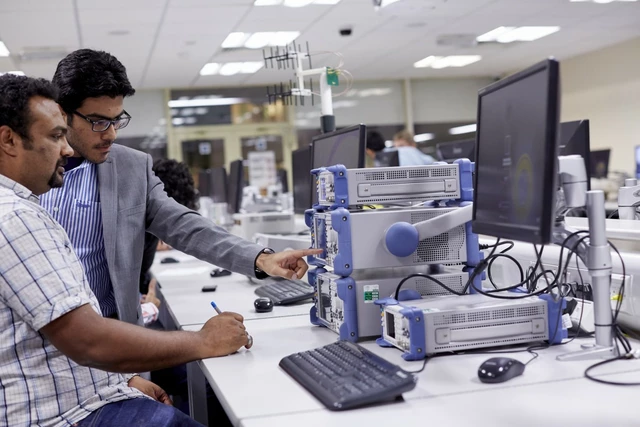Understanding Science and Technology
As we delve into the question, "Will science and technology fail in the future?", it's essential to first understand what science and technology are and how they have evolved over time. Science is a systematic study that builds and organizes knowledge in the form of testable explanations and predictions about the universe, and technology is the application of that scientific knowledge for practical purposes. Over the years, both science and technology have evolved exponentially, resulting in remarkable advancements that have drastically changed the way we live and interact with our environment.
However, as we continue to push the boundaries of what is possible, it's only natural to wonder whether there might come a point when science and technology will fail us. This question is not only thought-provoking but also brings to light critical issues that are worth pondering.
Potential Limitations of Science
While it's true that science has served as a guiding light, leading humanity to unprecedented discoveries and innovations, it's also important to recognize its potential limitations. One of the fundamental limitations of science is that it can only study what is observable and measurable. This means that there are aspects of our universe and existence that science may never fully understand or explain.
Moreover, science is a human endeavor, and like any other human activity, it's prone to errors and biases. The scientific method relies heavily on objectivity, but human scientists are subjective beings who can inadvertently introduce their biases into their work. This may lead to erroneous conclusions and, in some cases, the failure of scientific theories.
The Double-Edged Sword of Technology
Technology, on the other hand, has its double-edged sword. It has undoubtedly made our lives easier in many ways, but it also has the potential to cause harm. For instance, advancements in technology have made it possible for us to communicate instantaneously with anyone, anywhere in the world. However, this same technology can also be used for malicious purposes, such as cybercrime.
Moreover, the rapid pace of technological change often outpaces our ability to fully understand and manage its implications. As a result, we may find ourselves facing unforeseen consequences that could potentially lead to the failure of technology.
Dependence on Technology: A Growing Concern
Our growing dependence on technology is another area of concern. As we become more reliant on technology for our daily tasks and routines, we risk becoming overly dependent on it. This could potentially lead to a situation where we are unable to function effectively without it. If a significant technological failure were to occur, it could have devastating effects on our society.
Moreover, our reliance on technology may also be contributing to a decline in certain skills, such as critical thinking and problem-solving, which could further exacerbate the potential for technology to fail us in the future.
The Future of Science and Technology
While it's clear that science and technology have potential limitations and risks, it's also important to remember that they are tools that we have created and that we control. With careful management and oversight, we can mitigate these risks and continue to harness the power of science and technology for the betterment of our society.
As we look to the future, it's crucial that we remain vigilant and proactive. We need to ensure that our scientific research is conducted with integrity and objectivity, and that our technological innovations are developed responsibly. Only then can we hope to avoid the potential failures of science and technology and continue to reap their benefits.






